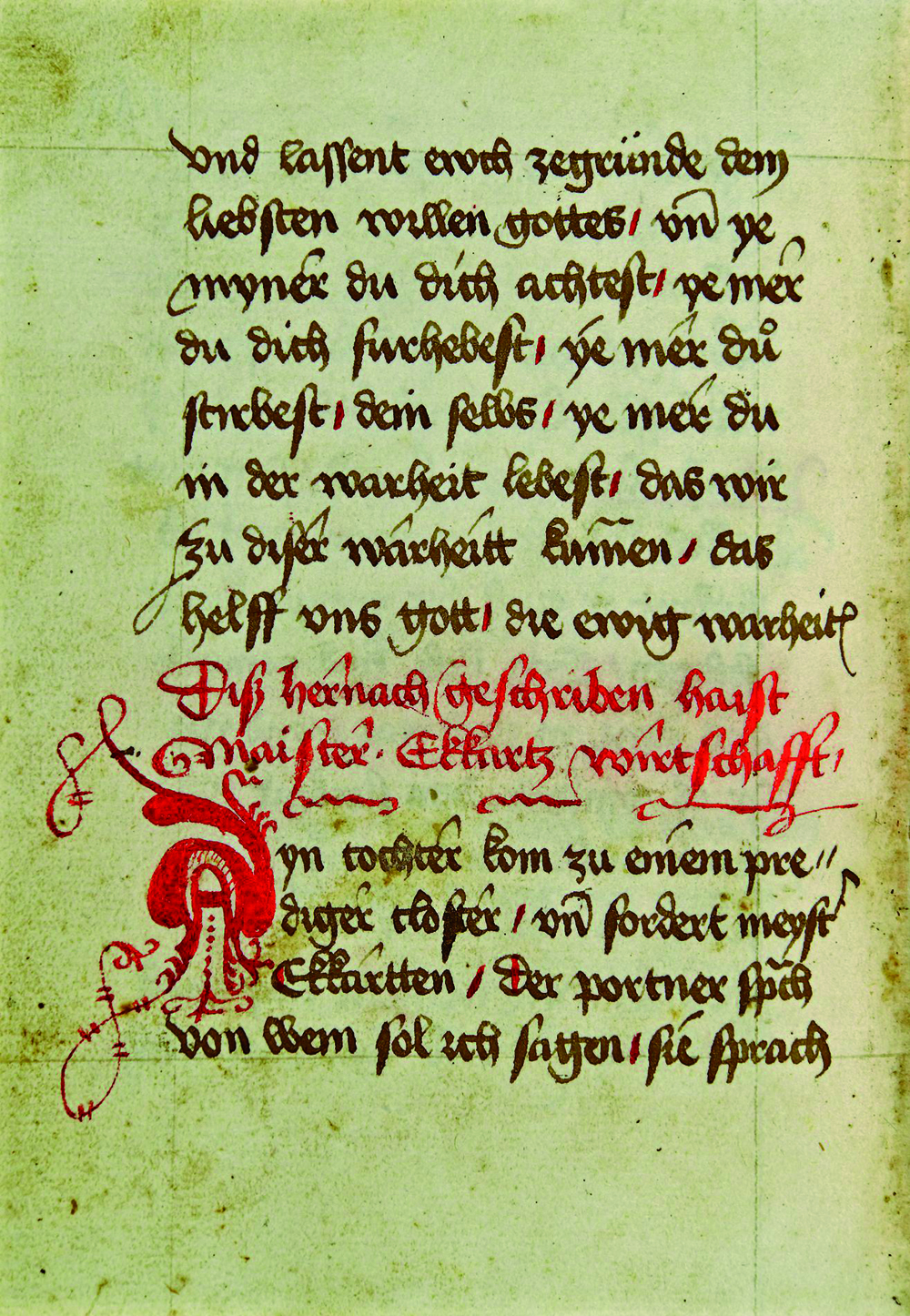One theme in Meister Eckhart’s writings is the noble man as the figure of the ideal Christian.
At first blush, this seems strange. Didn’t Christ establish the radical equality of all men as children of God? Didn’t he come to exalt the lowly and bring down the mighty?
Yes, yes. But…
Here are some reasons why I think the idea of the noble man might be useful to us these days.
The noble man did not earn his station. We have received the grace of sonship to be part of God’s covenant people. Everything good we do is by grace. We do not earn our salvation, and though we merit rewards for our good works, that is also by grace.
The noble man is a servant. In the feudal order that Eckhart lived in, nobility came with obligations. Each noble man had allegiance to other, higher nobles, and had people under them who had sworn allegiance to them that they had to care for, and society was built on this complex web of reciprocal obligations. To be a noble man was to serve one’s lord as well as one’s servants. To be a noble man was to have received a vocation to lifelong service to others.
The noble man is a steward. The noble man has received an estate in trust and must pass it on. He is not its owner–he has a sacred duty to fructify it, or at least preserve it, for the next generation. We are not the owners of the Gospel, but we are its stewards. We have received the apostolic Tradition of the Holy Church in unbroken succession, and it is our job to make it fructify, and to pass it on. This wonderful work of God we call Catholicism is not our property, but we are its stewards. We must receive it in humility as such, fructify it, and pass it on, spread the Gospel to the ends of the Earth and light the world on fire.
The noble man is…well…noble. Having received his nobility without merit, the noble man has nothing to prove to anyone, and he has the quiet confidence and security that comes with that. You are a son of the King, a knight gallant sent by the Lord of the Universe, elected for this grace to hold the sacred threefold office of Priest, Prophet and King. There is no need to be defensive, or bitter, or to have a “funeral face” as the Holy Father says.
In this era of supposed meritocracy, where we are told to earn earn earn and that it is our fault if we fall by the wayside, where equality and toleration can shade into indifferentism and relativism, perhaps it is good for us Christians to reflect more on our status of divine nobility.












